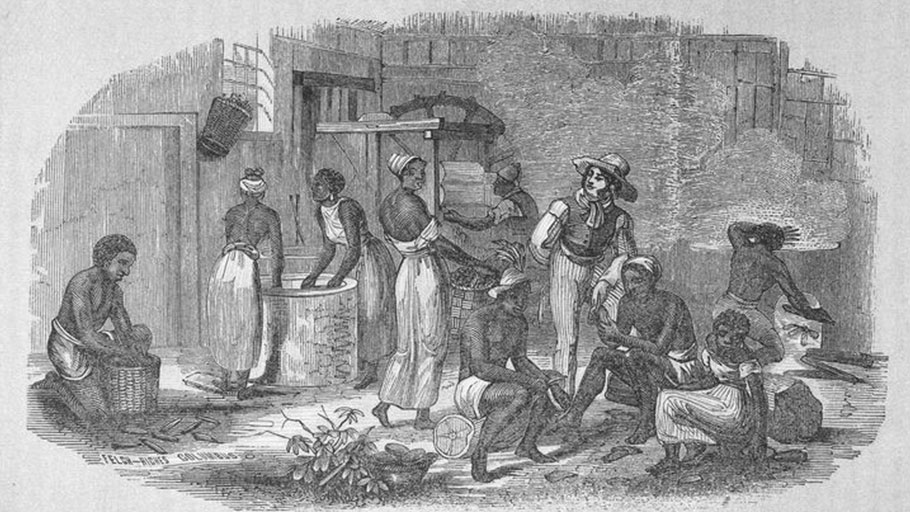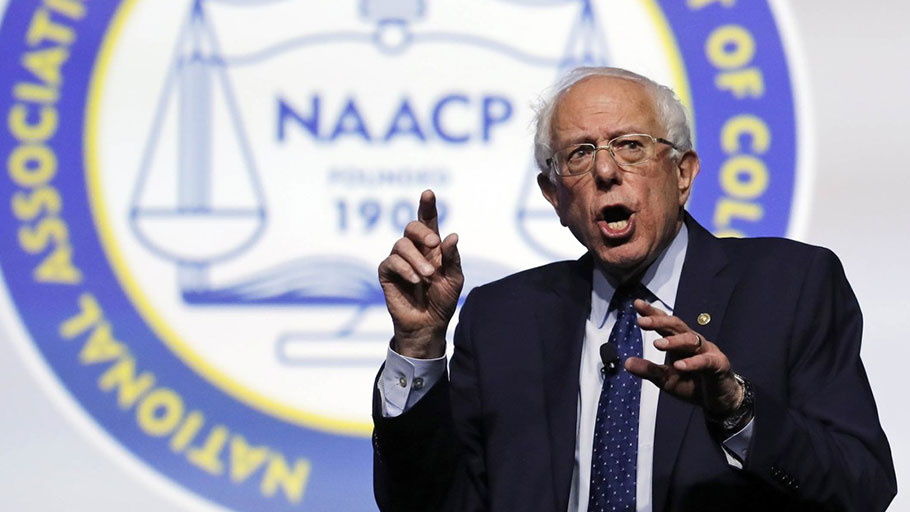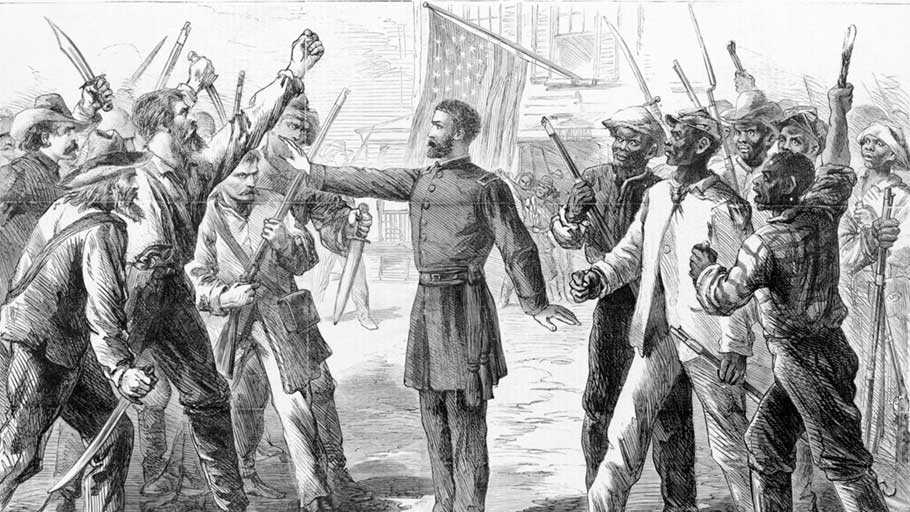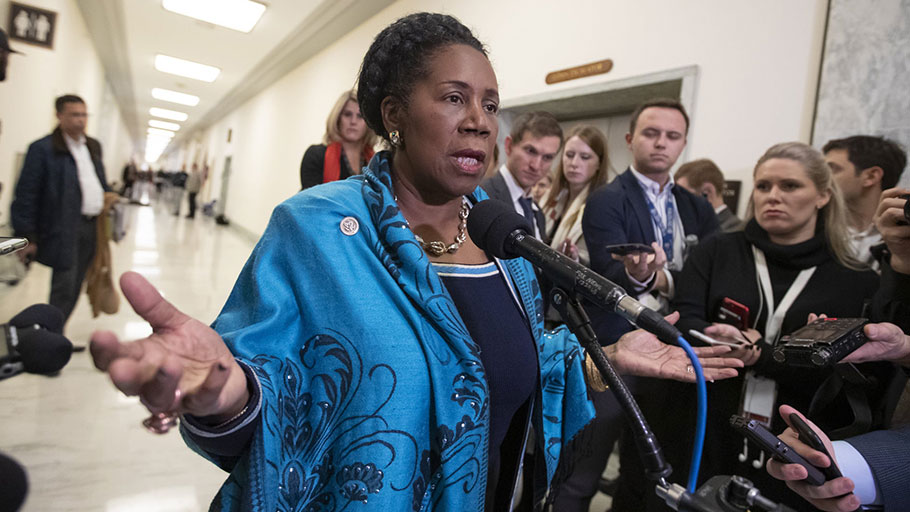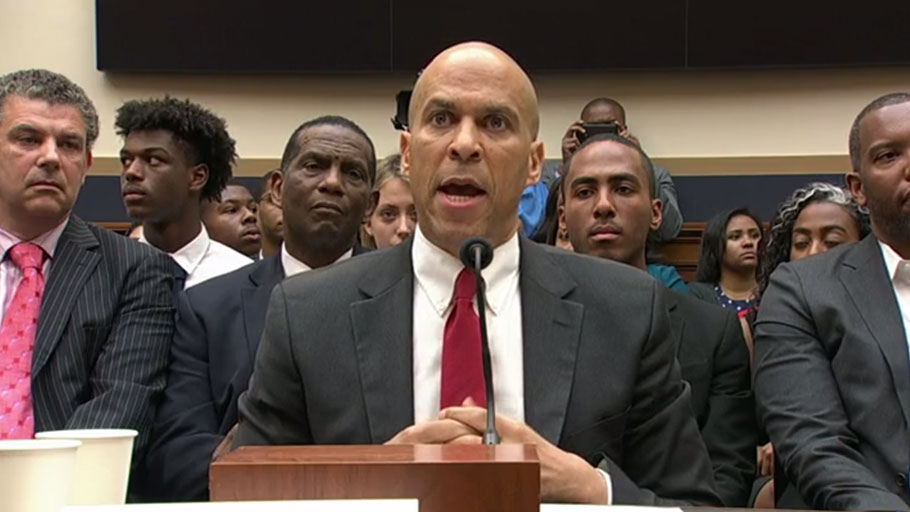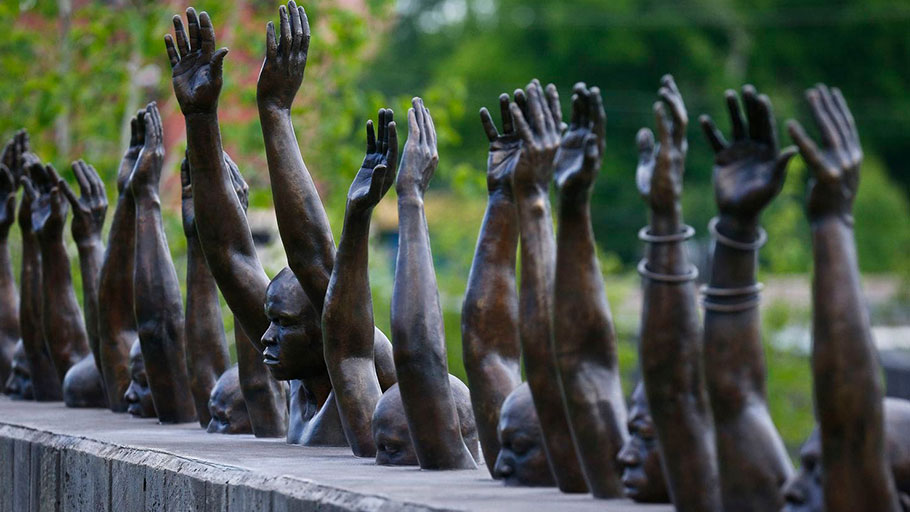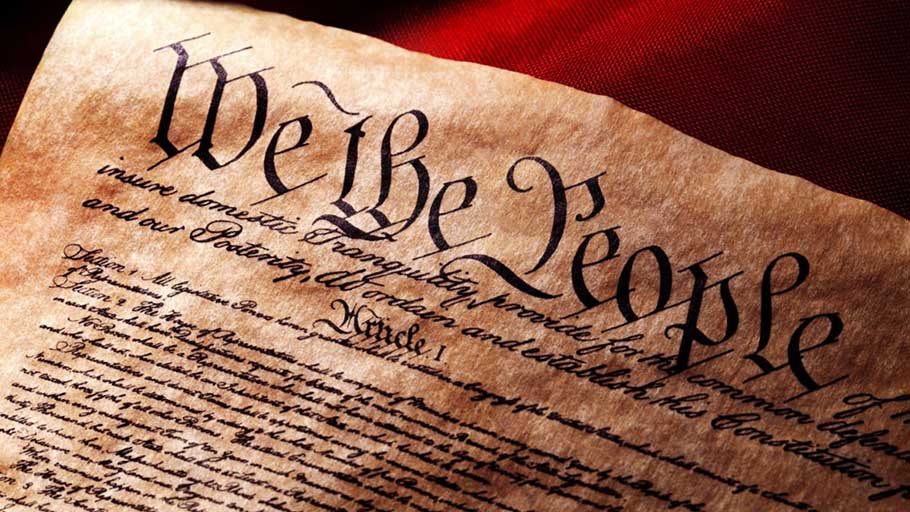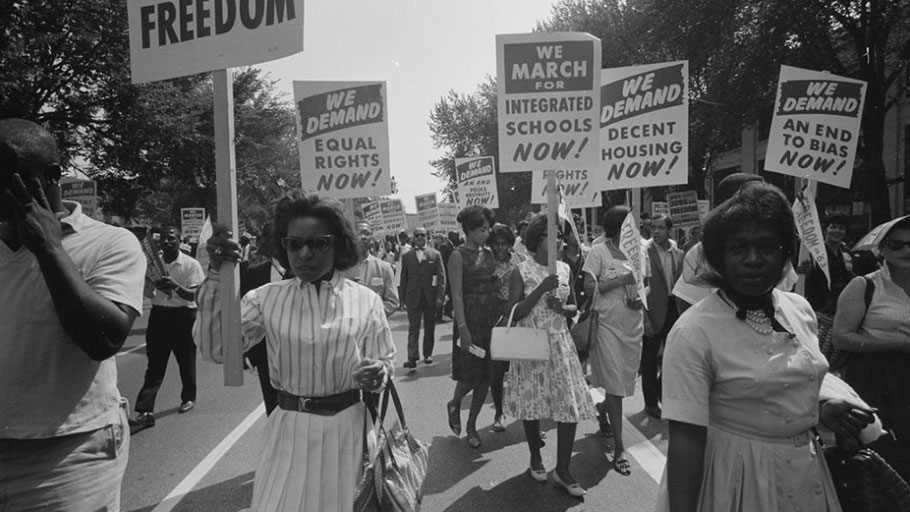
By Danyelle Solomon — 2019 marks the 400th anniversary of Africans sold into bondage arriving on Virginia’s shores. It has been 156 years since the signing of the Emancipation Proclamation, 55 years since the end of Jim Crow, and 51 years since the civil rights movement. All of these moments in U.S. history represent crossroads—moments where the country made a choice or where people demanded that the words on the pages of the Constitution and the Bill of Rights became more than words; that policies and practices were equitably distributed among all people, not just a select few…

